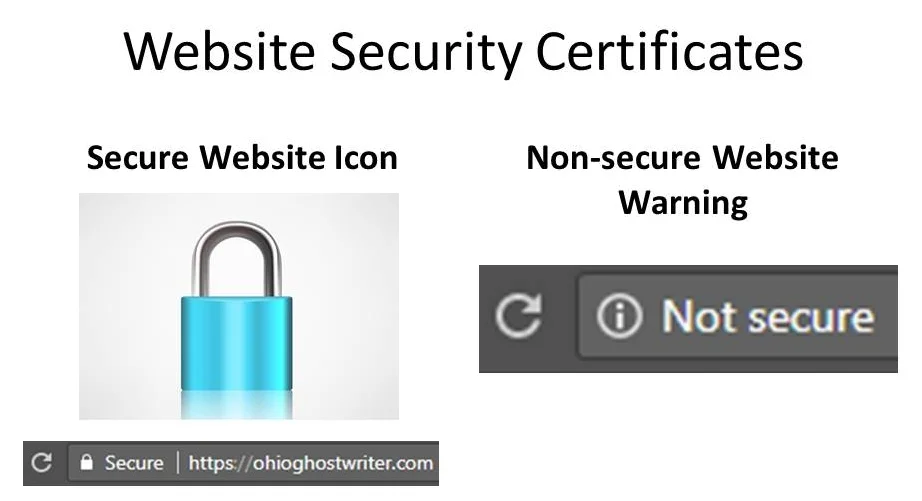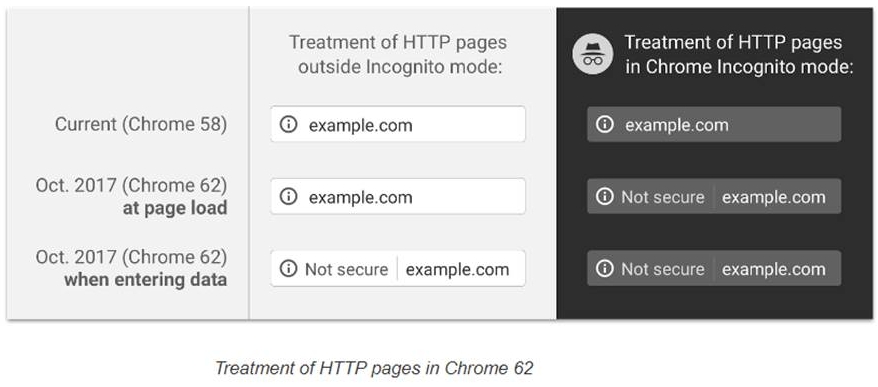Manufacturing Websites Need A TLS or SSL Security Certificate To Convey Site Security
Does a lack of a secure website keep prospective clients from engaging with your business? How do your prospective clients respond if they feel your site is not secure?
Since 2014, Google has been building momentum to encourage website owners to utilize HTTPS protocol to make the Internet more secure. Many websites still use HTTP protocol and therefore website visitors may receive a “not secure” message when visiting a site.
What is the difference between HTTP and HTTPS?
Information can be sent and received over the Internet using either HTTP or HTTPS. Hypertext transfer protocol, HTTP, focuses on how a user sees information on the Internet. HTTP was commonly used for websites prior to the explosive growth of e-commerce and other uses involving exchange of sensitive information. Prior to expanded website usage to exchange sensitive information, there was not a lot of concern about how data was actually transferred from point A to point B.
As reliance on websites to serve as the medium for exchanging personally identifying information, including personal health information, credit card information and other sensitive data, HTTPS has become the preferred protocol to help ensure protecting private user data. According to Google Support, HTTPS “protects the integrity and confidentiality of data between the user’s computer and the site.” When data is transmitted using HTTPS, three key levels of protection are provided including:
1) Data Encryption to keep user information private while the user is browsing the website
2) Data Integrity to ensure transferred data is kept intact
3) Authentication to ensure that website users are communicating with the intended site
TLS/SSL Certificate
Transport Layer Security (TLS) and Secure Socket Layer (SSL) Certificates are issued by third parties and confirm that your web address actually belongs to your organization. The third party that issues the certificate confirms the identity of the organization before issuing a unique certificate to the organization. Although SSL certificates have been around for quite a while, TLS certificates are newer, updated security certificates. These certificates encrypt data as it is being exchanged on the Internet. This provides greater security for Internet users.
Who Issues Security Certificates for Manufacturing Websites?
There are a variety of third party certificate authorities that issue security certificates for manufacturing websites. As of this writing, Go Daddy offers an SSL certificate for $59.99 annually. Squarespace includes an SSL certificate as part of their hosting package. There are many other certificate authorities that provide certificates.
The Impact of a Search Certificate on Google Search Results
There are multiple ways that TLS/SSL certificates positively impact a user’s experience with the manufacturing website.
- Sites with the proper certificates will show a padlock in the upper left corner of the search bar when users visit a website. This signals to the user that the site is secure and that data exchanged while using the site is encrypted.
- Google is providing a slight search boost to those sites with TLS/SSL certificates. It is anticipated that the search boost provided to secure sites will increase over time.
Sites that are not secure will display a not secure warning to website visitors. This not secure warning is more prominent when using Chrome Incognito mode. Here is a summary provided by Google of what users will experience when they visit a nonsecure site:
This is Google's Description of a Not Secure Site
Next Steps for Manufacturing Website Optimization
Security Certificates are just one component of manufacturing website optimization. Targeted digital strategies and customized compelling content are also critical to the success of manufacturing websites. Contact us to learn more about how we help manufacturers get found on the Internet.





